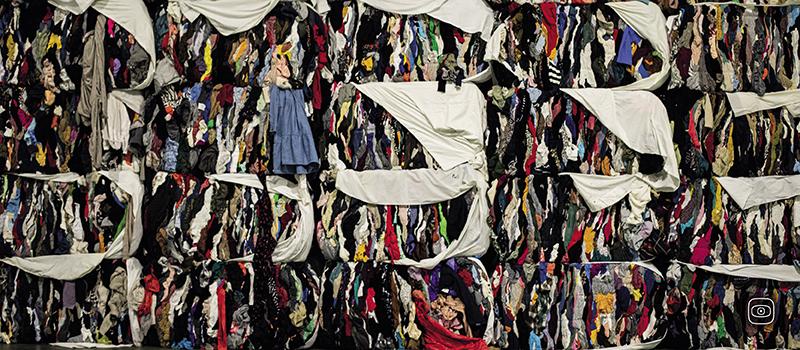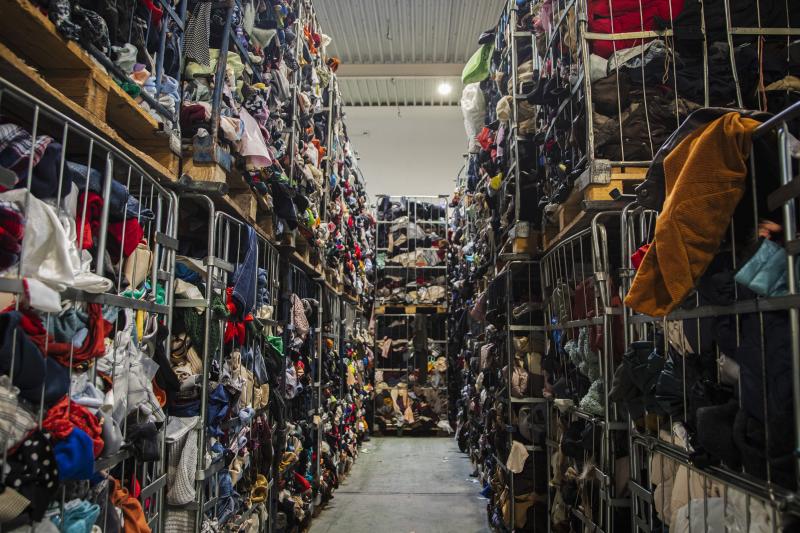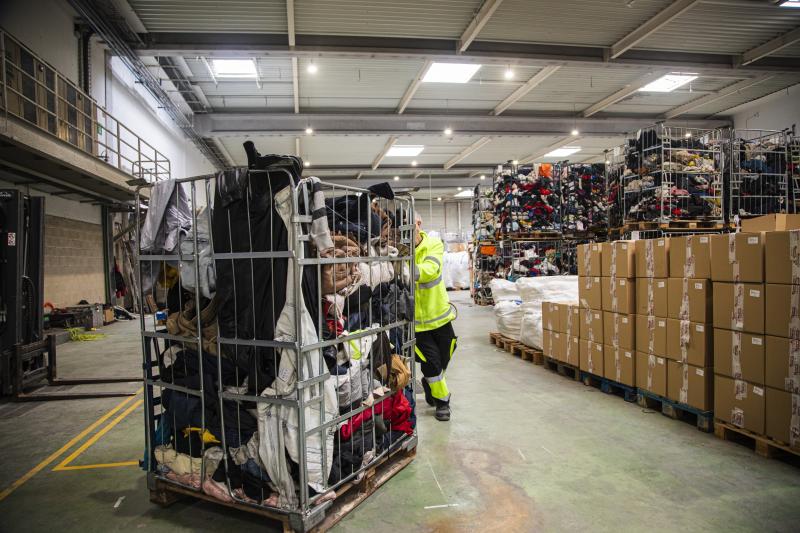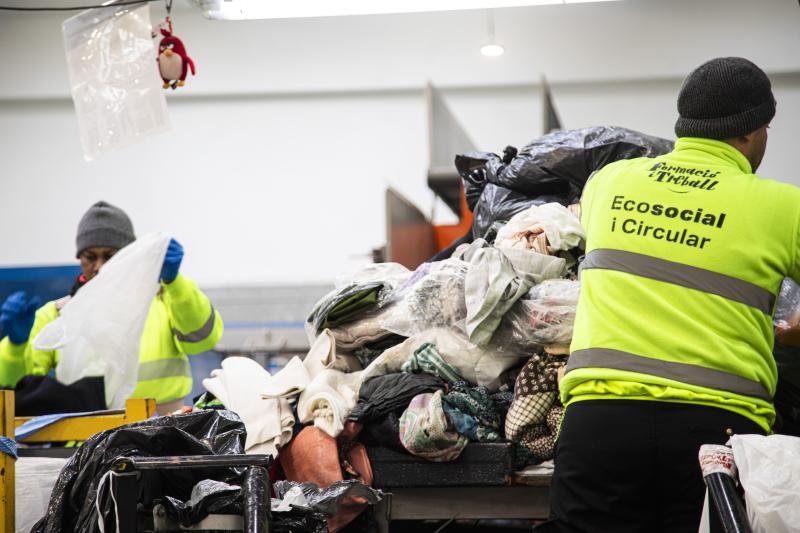In fact, instead of working on fast fashion slowdown, the EU’s clothing reuse market is fueling a carbon-intensive global trade that shifts environmental and human costs onto countries such as the UAE and Pakistan. Unsold or unsorted garments collected in EU nations are shipped thousands of kilometres to under-regulated free zones for sorting and cleaning, sometimes even re-entering the EU market, tripling emissions and misleading consumers about the true sustainability of their choices.
This system has expanded in response to the explosion of fast fashion and rising textile waste. European sorting companies, facing increasing operational costs and falling resale prices, depend on regulatory loopholes and “circular-washing” practices to handle overwhelming volumes. Meanwhile, weak labour, safety, and environmental standards in export destinations encourage the outsourcing of these processes, resulting in hazardous working conditions and severe environmental damage.
Our evidence, including exclusive trade data, garment tracking devices, and carbon-footprint analysis, exposes the scale and complexity of this trade. Oversight and regulation prove inadequate in several critical ways, from fashion’s chronic overproduction to insufficient EU oversight, showing that the supposed sustainability of second-hand clothing often conceals deep environmental and social costs abroad.
Images by Sara Aminiyán Llopis: Clothes at Fundació i Treball’s plant on the outskirts of Sabadell (Catalonia, Spain), one of the largest textile sorting facilities in Southern Europe.










